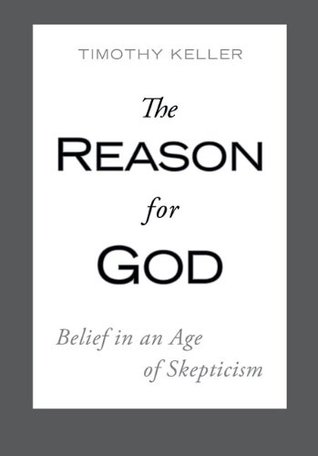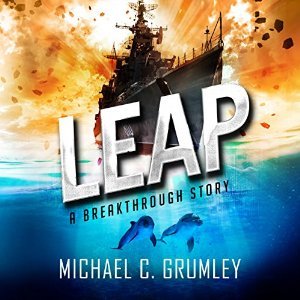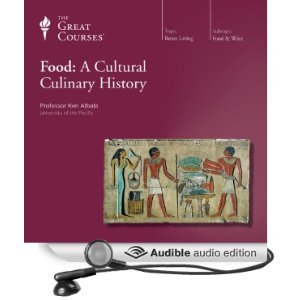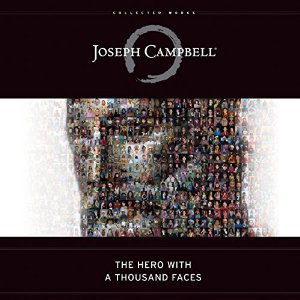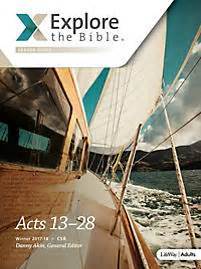4 out of 5 stars ****
Writings from an acclaimed teacher and author, Jordan B. Peterson, 12 Rules for Life: An Antidote to Chaos, is written from answers he gives to an internet site that encourages discussion on various topics. His responses are so popular and relative that he decides to write a book about them.
This book explores how people interact and why they are harmonious or at odds. He refers to people's belief systems, their life codes, by which they rate others. Peterson explains, in depth, 12 rules that can create order in chaos. His purpose is to provide an approach to life's dilemmas that create meaning and limit strife. A life with meaningful purpose can overcome most obstacles.
"Stand up straight with your shoulders back," is Rule One; Rule Two, "Treat yourself like someone you are responsible for helping; ...Make friends with people who want the best for you," is Rule Three; Rule Four, "Compare yourself to who you were yesterday;" Rule Five, "Do not let your children do anything that makes you dislike them;" Rule Six, "Set your house in perfect order before you criticize the world;" Rule Seven, "Pursue what is meaningful, not what is expedient; ...Tell the truth or, at least, don't lie," is Rule Eight; Rule Nine, "Assume that the person you are listening to might know something you don't;" Rule Ten, "Be precise in your speech;" Rule Eleven, "Do not bother children when they are skateboarding;" and Rule Twelve, "Pet a cat when you encounter one on the street, dogs are okay, too."
The above twelve rules encompass the wisdom of great authors in literature and theology as well as Jordan Peterson's genius in using their observations to contribute to each chapter. The encouragement and joy that is the experience of life roots itself in order and clears the smoke of chaos.
Writings from an acclaimed teacher and author, Jordan B. Peterson, 12 Rules for Life: An Antidote to Chaos, is written from answers he gives to an internet site that encourages discussion on various topics. His responses are so popular and relative that he decides to write a book about them.
This book explores how people interact and why they are harmonious or at odds. He refers to people's belief systems, their life codes, by which they rate others. Peterson explains, in depth, 12 rules that can create order in chaos. His purpose is to provide an approach to life's dilemmas that create meaning and limit strife. A life with meaningful purpose can overcome most obstacles.
"Stand up straight with your shoulders back," is Rule One; Rule Two, "Treat yourself like someone you are responsible for helping; ...Make friends with people who want the best for you," is Rule Three; Rule Four, "Compare yourself to who you were yesterday;" Rule Five, "Do not let your children do anything that makes you dislike them;" Rule Six, "Set your house in perfect order before you criticize the world;" Rule Seven, "Pursue what is meaningful, not what is expedient; ...Tell the truth or, at least, don't lie," is Rule Eight; Rule Nine, "Assume that the person you are listening to might know something you don't;" Rule Ten, "Be precise in your speech;" Rule Eleven, "Do not bother children when they are skateboarding;" and Rule Twelve, "Pet a cat when you encounter one on the street, dogs are okay, too."
The above twelve rules encompass the wisdom of great authors in literature and theology as well as Jordan Peterson's genius in using their observations to contribute to each chapter. The encouragement and joy that is the experience of life roots itself in order and clears the smoke of chaos.








